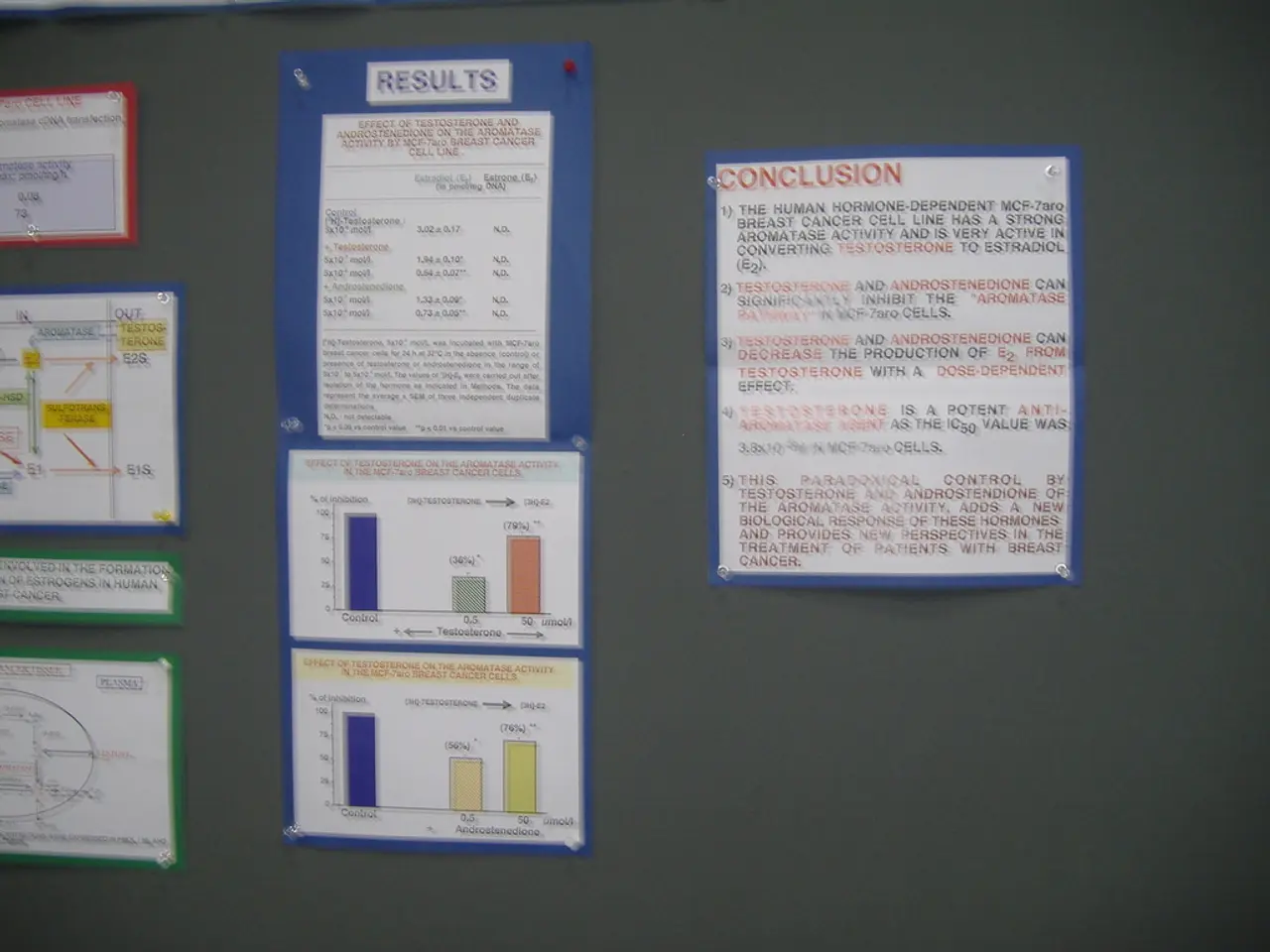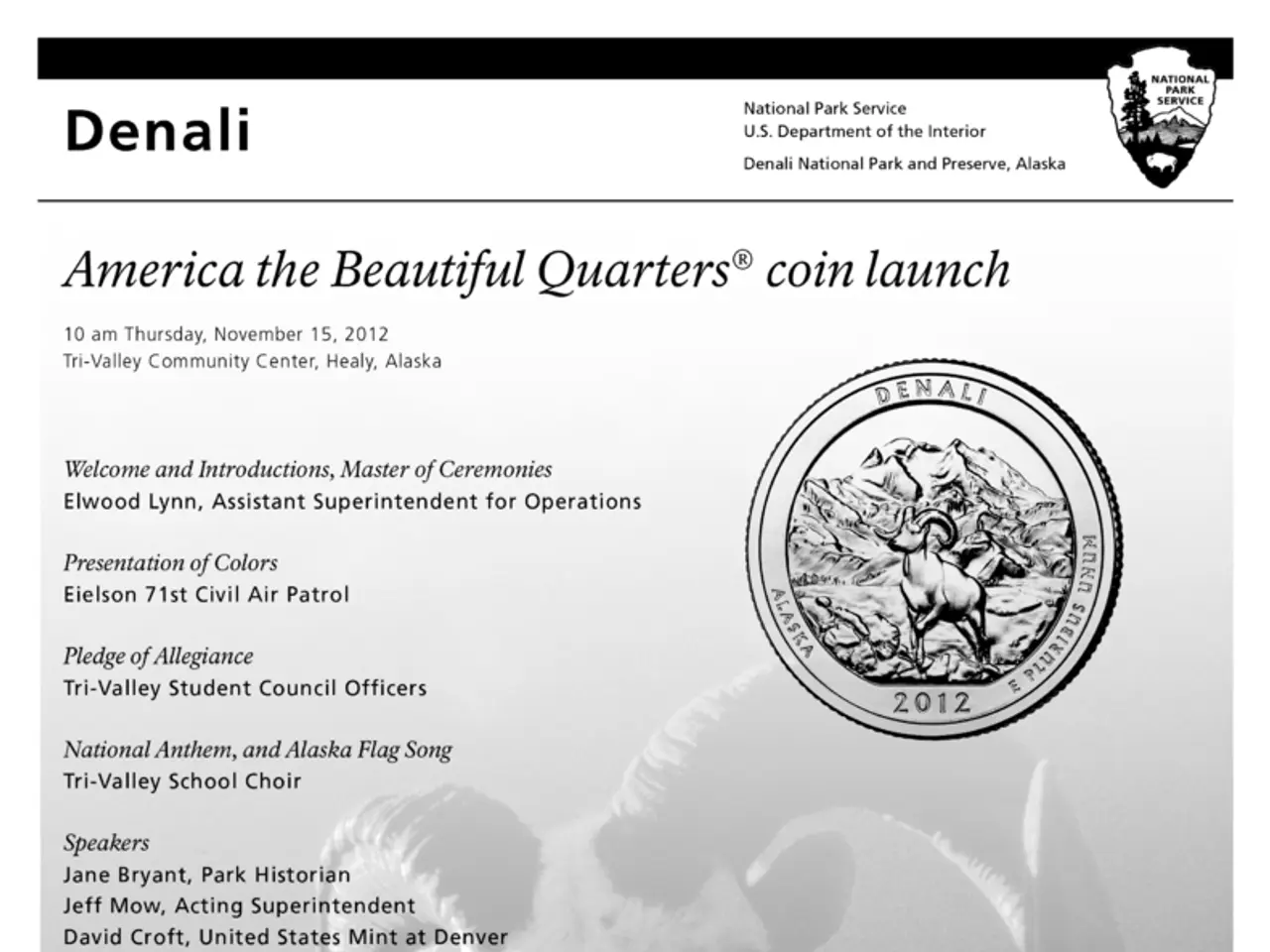Let's Get the Economy Roaring Again: Federal Government Absorbs Costs for Economic Growth Package
Federal administration draws funds to cover extra expenditures for 'Growth Booster' project - Streamlining expenses: Government set to slash budget in pursuit of economic stimulus
The "Growth Booster," a deal aiming to bolster the nation's economy with investment incentives, is officially a go. After intense negotiations, the federal government and states have ironed out their differences, reaching a compromise that removes the last major point of contention. According to the involved parties, the feds will bear a significant portion of the expected tax losses.
Finance Minister Lars Klingbeil (SPD) expressed his satisfaction, stating that finally, the path to our Growth Booster is clear. Meanwhile, Michael Kretschmer, chair of the conference of state premiers and the prime minister of Saxony (CDU), highlighted this as a critical step towards an economic revival.
According to the deal, businesses will benefit from tax relief and incentives for investments like extended depreciation options for machinery and electric vehicles, as well as a decrease in the corporate tax rate starting in 2028.
However, these plans would result in significant revenue losses for the federal government, states, and municipalities due to the decreasing taxes. The bill predicts municipalities will lose 13.5 billion euros, states 16.6 billion, and the federal government 18.3 billion - a total of around 48 billion euros.
The states demanded financial aid from the federal government, particularly for heavily indebted municipalities, and threatened to derail the package in the Bundesrat on July 11 if their demands weren't met.
A solution has been found
In response, the federal government agreed to absorb municipalities' tax losses, provisionally until 2029. Since the federal government is prohibited from simply giving money to states, this will be done through the distribution of value-added tax revenues.
To alleviate the states' budget pressures, the federal government will invest an additional 8 billion euros in kindergartens, educational institutions, and modern hospitals between 2026 and 2029. This indirectly offsets roughly half of the states' tax losses.
Lower Saxony's Minister President Olaf Lies (SPD) lauded the agreement. "13.5 billion euros in extra funds from the federal budget for municipalities, ensuring no additional burdens in their budgets – that's a notable sum," he explained. Hesse's Minister President Boris Rhein (CDU) was also pleased: "With this, the important economic package of the new federal government can take effect and provide much-needed momentum for growth in our country."
Notably, the compromise signals a shift in the relationship between the federal government and states.
Baden-Württemberg's Minister President Winfried Kretschmann (Greens) expressed skepticism, stating that there is no relief for municipalities in this agreement. "We've only agreed not to burden them further," said the Green politician in Stuttgart. "Logically, that doesn't change the precarious situation of the municipalities. The overall situation of the municipalities needs to be further discussed."
Behind the scenes
In light of the municipal old debt problem, the federal government reaffirmed a decision in the coalition agreement – it will assist the states in addressing this issue. Specifically, the federal government will commit 250 million euros annually to debt relief projects for municipalities. North Rhine-Westphalia's Minister President Hendrik Wüst (CDU) demanded that Klingbeil present a concrete bill as soon as possible. The urgency stems from the fact that many cities and municipalities in North Rhine-Westphalia are heavily indebted to the brink of financial ruin.
In summary, the federal government's Growth Booster Investment Package directs specific measures to support municipalities in managing their temporary tax revenue losses and focuses on strategic investments in critical public sectors like early childhood education and healthcare facilities. This initiative demonstrates the federal government's aim to support local budgets while promoting economic growth and community development.
The federal government's agreed absorption of municipalities' tax losses, provisionally until 2029, will indirectly offset half of the states' tax losses, amounting to 8 billion euros in investments, according to the deal. This investment will be channeled towards kindergartens, educational institutions, and modern hospitals between 2026 and 2029. Furthermore, the federal government has committed 250 million euros annually to debt relief projects for municipalities, as stated in the coalition agreement.




